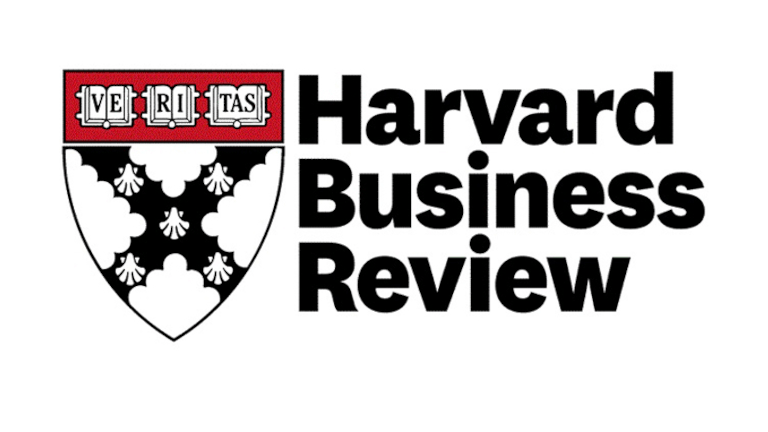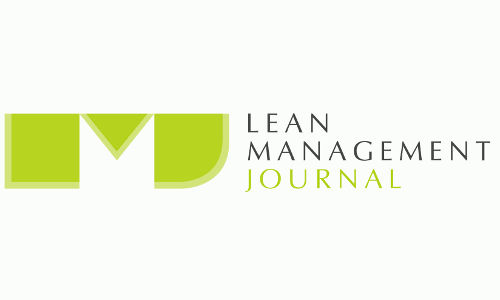The Future of Business
Artificial intelligence is transforming virtually every sector, and in the process, raising urgent questions about how to use this technology effectively and responsibly. Wharton faculty leading a cutting-edge new program and alumni trailblazers weigh in on the power, potential, and pitfalls of AI.
“AI is one of the most profound things we’re working on as humanity. It’s more profound than fire or electricity.” — Sundar Pichai WG02, Alphabet CEO, at the 2020 World Economic Forum
Artificial intelligence, arguably the most transformative technology to arrive since the PC era, is enabling businesses to achieve aspirations that would seem pie-in-the-sky not so long ago. From foundations first laid in the 1950s and a resurgence decades later as technology accelerated, AI is now equipping businesses with skills that leapfrog their prior capabilities — and do so by an order of magnitude. Illustrating the power of today’s AI are three companies that represent a cross-section of business: a digital-payments firm, a health-care startup, and traditional banks.
In 2020, Visa’s global payment management platform, Cybersource, processed 21 billion transactions, of which two billion were screened for fraud. Each transaction took half a second. “You can only do that if you’ve got AI,” says Carleigh Jaques WG95, global head of Cybersource. “The utility of these tools is incredible.”
KenSci is helping hospitals, health plans, and other health-care companies improve health outcomes through AI-powered insights that lead to better planning and data-driven decision-making. For example, KenSci’s AI platform can predict a patient’s length of hospital stay 40 percent more accurately than the rules-based systems hospitals typically use. This leads to better patient discharge planning, which aids in preparation for staffing levels and bed availability. During COVID, the company also launched real-time analytics to speed up projections, says Sachin Vora WG06, KenSci’s executive vice president.
And thanks to AI, the world’s largest banks may one day essentially become personalized bankers to the masses — ones that “only work for you, and know you, and help you in your time of need,” says Apoorv Saxena WG08, former global head of AI for JPMorgan Chase, who recently joined private equity firm Silver Lake as chief data scientist. “In the world to come,” Saxena predicts, “AI will be embedded in every piece of your business.”
There’s good reason for all of the hype surrounding artificial intelligence. “AI” refers to the pseudo-intellectual capability of computers to mimic human reasoning and understand visual and linguistic inputs. Machine learning is a subset of AI in which computers are trained using data sets to spot and learn from patterns and make recommendations, decisions, and predictions. Computers follow algorithms — or sets of instructions — to produce the desired results.








